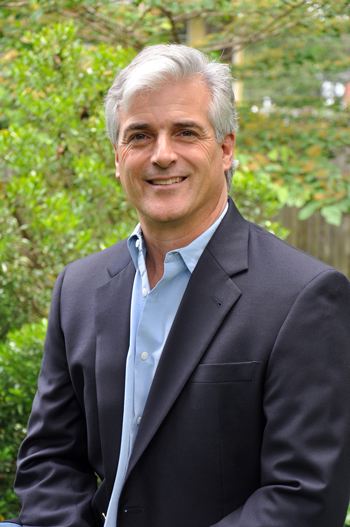About Dr. Alan Roy

Dr. Alan Roy
Alan Roy was raised in a family of successful real estate developers and restaurateurs, and consequently, was exposed at an early age to the challenges and rewards of entrepreneurship as well as to the fundamentals of business ownership.
Pursuing his interest in finance, after college Alan joined the Real Estate Division of Bank of Boston where he co-developed from start-up an investment advisory venture to identify and place Pacific Rim capital in U.S. commercial real estate. As a result of his efforts, Alan was selected by the bank’s senior managers to participate in the loan officer development program, an eighteen month training which included master’s level coursework in accounting, financial analysis, corporate finance, global financial markets, and credit structuring as well as rotations in New England Middle Market Banking, High Tech Lending, and Asset Recovery. This experience taught him to think critically and assess business organizations across multiple domains.
After graduating from the training program, Alan was placed in the Foreign Multinational Division where he developed new credit and banking services business with the U.S. subsidiaries of global Fortune 500 companies. He managed credit exposure in excess of $250 million, worked on mergers and acquisition teams, and helped train loan officers from the banks overseas branches.
Throughout his tenure at Bank of Boston, Alan’s interest in the human dimension of his work grew. He left the bank in 1994 to pursue formal study of psychology earning a master’s degree in counseling from JFK University in California and a doctorate in psychology from the William James College (formerly the Massachusetts School of Professional Psychology) in Boston. His doctoral research examined the impact of State of Mind-based leadership trainings and consultations on business.
For the past 15 years, Alan has helped business leaders, individuals, couples, and families lead happier and more productive lives by teaching them some simple principles governing the human psychological operating system. He has found that understanding how the mind works to create our moment to moment experience changes one’s relationship to thought and allows clients to access greater clarity, well-being, wisdom and common sense. In healthier states of mind, people are able to focus without the distraction of internal distress, they make better decisions, and their relationships become better. Similarly, when the state of mind of leaders and employees within an organization improves, productivity increases, waste and inefficiency decrease, and trust and rapport between individuals and business units is enhanced thereby allowing for greater collaboration, creativity and responsiveness.
